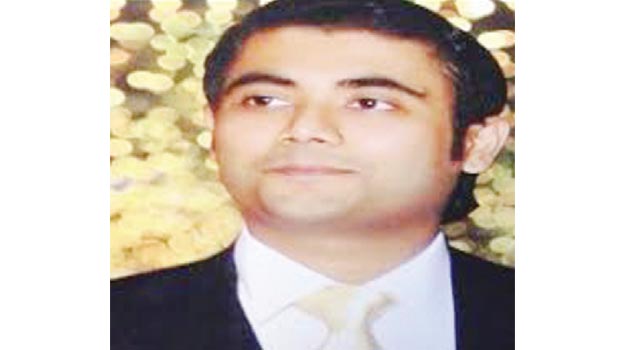‘A balance between lives and livelihoods’

A structural change has been brought in this year’s budget in terms of setting priorities of the government due to pandemic.
Finance Minister AHM Mustafa Kamal, while unveiling the Tk 5.68 trillion outlay, made a slight deviation from the traditional budget for what he said “effectively” combating the deadly coronavirus and “resolutely” overcoming its economic impact.
The health sector gets the highest priority followed by agriculture and employment creation.
“The budget tried to strike a balance between the lives and livelihoods,” Dr Ashikur Rahman, Senior Economist of the Policy Research Institute (PRI), told Bangladesh Post in his instant reaction.
“We have to consider two points to analyse this year’s budget,” he said.
“The budget was formulated under two uncertainties – first we do not have clarity how pandemic will unfold globally and
whether the world will experience a “V”- shaped economic recovery. Or whether the virus will have a second wave and the world will experience a W-shaped recovery because we don’t know whether there will be a second wave.
“Second, within Bangladesh we still don’t know how long it’ll still take to contain the virus.
“These two uncertainties have made the budget formulation this year very difficult in terms of setting revenue and growth targets,” he said.
“However, policymakers need to keep in mind rather than prioritising more on productive and allocative efficiencies; the budget must try to harness what we call adaptive efficiency,” he argued.
“It means that as the pandemic situation unfolds, we need to do whatever is necessary to contain the health crisis, ensure food security, and basic livelihood of people, because still we don’t know how the virus will unfold.
“Some will argue pointing to specific sectors like health did not get enough allocation or another sector did not get proper attention.
“I will say not to focus on those absolute numbers, but focus on an “adaptive mindset” or the principle of adaptive efficiency as much as possible as we go along this year.
“If it is not possible to meet the target of revenue collection because the economy does not pick up, then don’t shy away from borrowing money or printing money to meet the critical fiscal expenditures,” he said.
The finance minister said the budget has been prepared bearing in mind the strategies required to be undertaken to meet the emergencies in the health sector of Bangladesh and recover from the damages caused in various sectors of the economy.
“Sufficient allocation has been made in the proposed budget to satisfy the needs of all Ministries and Divisions to address the impact of COVID-19 outbreak,” he said.
Health, agriculture and employment creation have given priority while allocating resources for the ADP.
The finance minister proposed to allocate, from the ADP of FY 2020-21, 28.5 percent for human resources sectors (education, health and related other), 22 percent for the overall agriculture sector (agriculture, rural development, water resources, and related others), 13 percent for the power and energy sector, 25.4 percent for communication (roads, rails, bridges, and related other communications), and 11.1 percent for other sectors.
The overall budget deficit will be Tk. 190,000 crore, which is 6.0 percent of GDP.
“I see no problem, if the budget deficit goes up to 7 percent, as long as we ensure that the health crisis is contained, the recovery is inclusive and stable – for which special attention is needed for foreign workers who are sending us essential remittances, SMEs, and the Banking sector - which is increasingly under pressure to service short term deposits with long term loans,” said Dr Ashikur Rahman.




